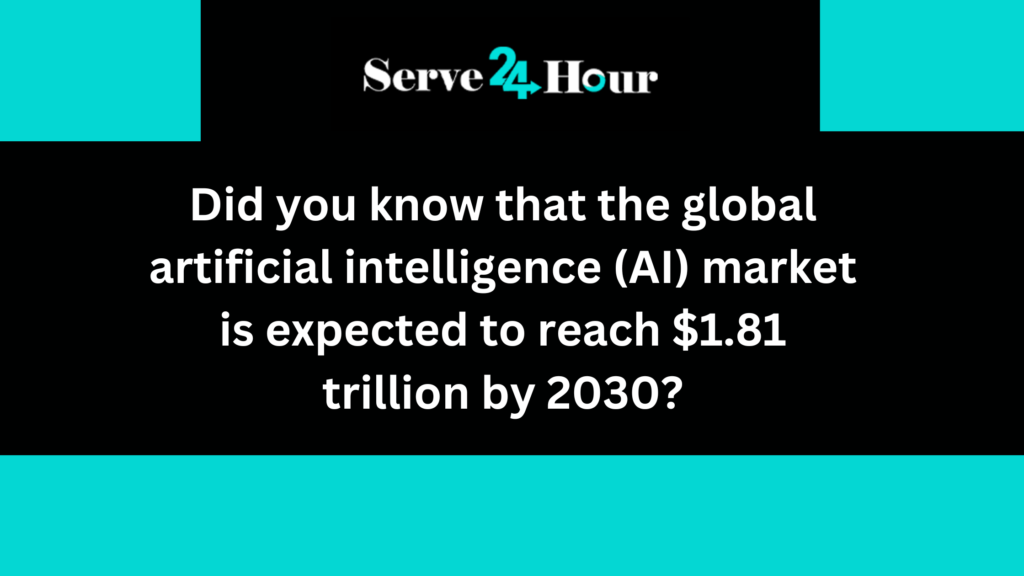The Evolution of Creative Writing: How AI Content Creation is Shaping the Future
Introduction:
Storytelling skills and human creativity have always flourished in the field of creative writing. But with the development of artificial intelligence (AI) technology, the creative writing landscape is changing dramatically. AI content production is a catalyst driving the future of creative expression, not just a tool. This article delves into the significant influence of artificial intelligence (AI) on creative writing. Specifically, we look at how AI may boost human creativity, increase productivity, create personalized content, be scalable, explore new creative frontiers, and shape the future of human-machine collaboration.
Algorithms are used by AI content creation tools to produce material quickly. However, what is the potential for AI content generation, and is it a worthwhile investment for your marketing plan? To find out more, continue reading.
The Rise of AI Content Creation Writing
The rise of AI in creative writing is fueled by significant advancements in machine learning and natural language processing (NLP). These advancements have paved the way for the development of AI writing tools that can generate various creative text formats, offer story ideas and outlines, and enhance grammar, style, and clarity. However, rather than replacing human writers, AI is playing a collaborative role, boosting productivity, helping overcome writer’s block, providing feedback and editing, and exploring new storytelling techniques.
Machine learning algorithms enable AI to analyze vast amounts of text data, including different writing styles, genres, and storytelling techniques. This analytical capability allows AI to generate creative text formats, such as poems, scripts, musical pieces, and even basic news articles. Additionally, advancements in natural language processing enable AI to understand and manipulate human language with greater sophistication, leading to the generation of human-quality text and the ability to offer story ideas and outlines.
The role of AI in creative writing is multifaceted. It acts as a productivity booster by automating repetitive tasks like research or basic content generation, thus freeing up time for writers to focus on the creative aspects of their work. AI also serves as a tool for overcoming writer’s block by providing a springboard for new ideas and helping writers break through creative roadblocks. Furthermore, AI tools act as advanced editing assistants, analyzing a writer’s work for grammar, style, and clarity, and offering suggestions for improvement. Moreover, AI facilitates the exploration of new storytelling techniques by enabling experimentation with different writing styles and narrative structures, thus pushing the boundaries of creative expression.
Despite the exciting possibilities offered by AI in creative writing, there are concerns that need to be addressed. One major concern is whether AI can truly replicate human creativity, including the essence of human imagination and emotional depth. Additionally, questions regarding originality and authorship arise when AI generates content; determining the real author of AI-generated content and whether it needs to be disclosed pose significant challenges.
Looking ahead, the future of AI in creative writing is likely to be one of collaboration between humans and machines. As AI capabilities continue to evolve, we can expect AI tools to better understand human emotions and intentions, leading to AI-generated content that is more nuanced and emotionally resonant. Furthermore, AI tools are likely to become more personalized, adapting to individual writing styles and assisting writers in their unique creative processes. Through collaboration and innovation, AI has the potential to transform the landscape of creative writing, offering new possibilities for writers and readers alike.
Augmentation of Human Creativity:
One of the most significant contributions of AI to creative writing is its ability to augment human creativity. AI-powered writing assistants analyze vast amounts of data, suggest alternative phrases, generate plot ideas, and offer character development suggestions. These tools serve as invaluable companions for writers, helping them overcome creative blocks and unleash their full potential. By providing prompts and inspiration, AI empowers writers to explore new narrative paths and refine their craft.
Efficiency and Productivity:
In an era where time is of the essence, AI offers writers unparalleled efficiency gains. Automated proofreading, editing, and fact-checking algorithms enable writers to streamline their workflow and focus more on the creative aspects of their work. With AI handling mundane tasks, writers can produce content at a faster pace without compromising quality. This increased productivity not only benefits individual writers but also contributes to the overall dynamism of the creative writing industry.

Personalized Content Creation:
AI algorithms are revolutionizing content creation by delivering personalized experiences to audiences. By analyzing data on audience preferences, trends, and behaviors, AI generates content tailored to specific demographics or individuals. Whether it’s customized product descriptions or targeted marketing campaigns, AI ensures that content resonates deeply with its intended audience. This personalization fosters stronger connections between creators and consumers, driving engagement and loyalty.
Content Generation at Scale:
The scalability of AI content creation is unparalleled. With the ability to generate vast amounts of content quickly and cost-effectively, AI is reshaping industries reliant on content production, such as marketing and journalism. From short-form articles to long-form narratives, AI-generated content spans a wide range of formats and genres. This scalability enables creators to meet the ever-growing demand for fresh and relevant content in today’s fast-paced digital landscape.

Exploration of New Creative Territories:
AI’s data analysis capabilities open doors to new creative territories. By analyzing patterns, trends, and correlations in existing content, AI inspires writers to explore unconventional storytelling techniques and develop innovative narratives. From genre-bending experiments to immersive interactive experiences, AI-powered creativity knows no bounds. As writers harness the insights gleaned from AI, they venture into uncharted creative territories, pushing the boundaries of traditional storytelling.
Collaboration between Humans and Machines:
The future of creative writing lies in collaboration between humans and machines. Rather than viewing AI as a threat to human creativity, writers embrace it as a creative partner. By leveraging the strengths of both humans and machines, collaborative efforts yield groundbreaking works of art. Whether it’s co-authored novels or AI-assisted storytelling, the fusion of human emotion and machine intelligence gives rise to captivating narratives that captivate audiences worldwide.
Conclusion:
AI content creation is not a replacement for human creativity; it’s a catalyst propelling the future of creative writing. By augmenting human creativity, enhancing efficiency, enabling personalized content creation, scaling content generation, inspiring exploration of new creative territories, and fostering collaboration between humans and machines, AI revolutionizes the creative writing landscape. As writers embrace AI as a creative partner, they embark on a journey of innovation and discovery, ushering in a new era of storytelling where the possibilities are endless.
